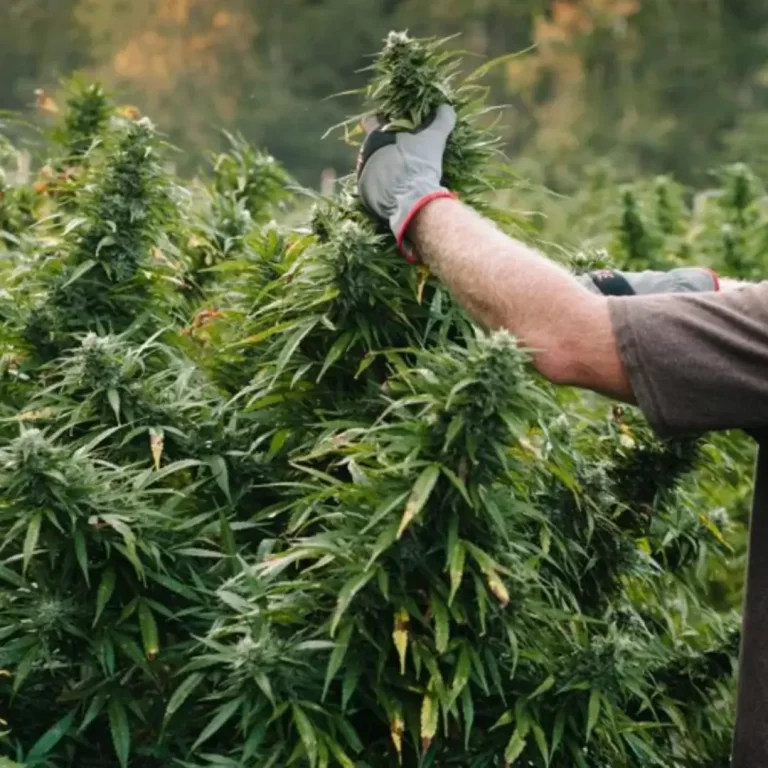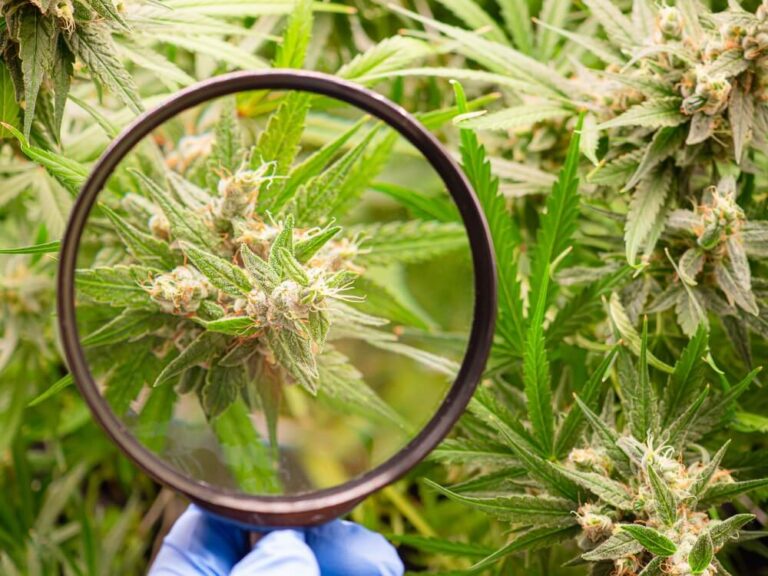
Congress Closer to Allowing Doctors to Recommend Medical Marijuana to Vets
- Cannabis News
- Cannabutter Digest
Many studies have found that cannabis can relieve the symptoms associated with conditions such as post-traumatic stress disorder and chronic pain – conditions that impact thousands of military veterans in the United States. Unfortunately, longstanding taboos against marijuana have made it all but impossible for these vets to pursue this treatment option through legal channels. That situation could be changing soon, though, as the U.S. Senate recently advanced legislation that would allow doctors within the U.S. Department of Veterans Affairs to issue medical marijuana recommendations to veterans living in states where such cannabis is legal.
The House previously passed a similar measure. However, differences in the text of the bills may set up a showdown between the House and Senate as they reconcile the language of each measure and negotiate on a measure that aligns with the goals of each legislative body.
Veterans and Medical Marijuana
Several studies over the years point to medicinal marijuana as a potentially effective treatment for debilitating conditions such as chronic pain and post-traumatic stress disorder. Veterans are at particular risk of these conditions, especially those who have served in active combat situations. Increasingly, veterans have wanted to turn to medical cannabis in states where the substance is legal to help them manage pain and other debilitating symptoms, avoiding opioids and other potentially addicting drugs.
Unfortunately, obtaining medicinal marijuana for veterans can be challenging. Many veterans depend on the U.S. Department of Veterans Affairs for their healthcare. Since the VA is a federal organization, it must adhere to all federal laws and regulations, meaning it cannot recommend medical cannabis to veterans since it is still an illegal Schedule I drug at the federal level. Medical providers within the VA cannot recommend marijuana, cannot fill prescriptions for marijuana, and cannot pay for medical marijuana prescriptions. However, veterans participating in medical marijuana programs in states where the substance is legal do not have their eligibility for VA care and services affected by their decision to do so.
Many veterans have to go through the VA for their medical care, which means they are at the mercy of the agency’s policy decisions regarding what treatment they can receive. These vets are unable to obtain a medical marijuana card from outside physicians without paying for office visits and other health-related expenses out-of-pocket, which can be difficult or even prohibitively expensive.
Advancing Legislation to Offer Medical Marijuana to Veterans
What makes the Senate legislation so vital to veterans is that it would allow doctors working at U.S. Department of Veterans Affairs offices to issue medical marijuana recommendations to veterans who live in states where medicinal marijuana is legal. Veterans would not have to attempt to circumvent the VA to seek a medical marijuana recommendation from a physician outside the VA system. The provision allowing the VA to recommend marijuana to veterans is part of a larger “minibus” spending bill package – a play on the word “omnibus,” which is frequently used to describe a large spending bill of disparate components. One lawmaker says that there are too many roadblocks in the way of veterans getting the care they deserve. Sen. Jeff Merkley (D-OR) says that VA doctors should be able to discuss the full range of treatment options with veterans without working within the confines of “outdated laws.”
However, there is still one roadblock in the way of veterans gaining access to medical marijuana information and recommendations from VA doctors. Months ago, the House passed its version of a measure giving VA doctors the ability to recommend medical cannabis to veterans. Yet, the exact language between the two measures differs, meaning the issue faces reconciliation in a bicameral conference committee. It could also face negotiations by House and Senate leaders as part of a final bill. Although minor language differences between two similar measures should be easy to rectify, that is not always the case. In 2016, both chambers disagreed on the language in differing versions of a similar VA marijuana amendment included in appropriation bills. The result? The issue never got reconciled. Instead, the amendment was completely stripped from the final legislation.
There is another consideration advocates of medical marijuana must keep in mind. When the House passed its version of the VA recommendation legislation months ago, then-Speaker Kevin McCarthy was at the helm of the House. Today, there is a new speaker in town, Speaker Mike Johnson. Rep. Johnson (R-LA) is a hard-right conservative who has continuously voted against the Medical Marijuana and Cannabinol Research Expansion Act and the SAFE Baking Act. He is a staunch opponent of marijuana legalization, in part, he says, because of his intense religious background.
The measure may pass the full Senate only to stall in negotiations with House leadership because of Speaker Johnson’s intense anti-marijuana stance. In April, Senate Republicans were also able to tank a procedural vote to advance a bill that would have promoted VA research into the therapeutic effects of marijuana for military veterans. If the measure passes, the VA itself may also dampen veterans’ abilities to seek medical marijuana as a treatment option. Although studies show veterans support cannabis legalization and its medicinal use, and many veterans self-report medicinal cannabis use, the Department of Veterans Affairs tends to discourage the use of cannabis. It maintains there is not enough research to suggest it helps provide relief to ailing veterans.
The future of medical marijuana recommendations within the VA healthcare system remains up in the air, as do many marijuana-related measures. The GOP-controlled House has consistently blocked marijuana proposals from bipartisan members and may continue to hinder marijuana reform progress at the national level. Unfortunately, it is the veterans who served our country and continue to suffer because of the political discord.
Your Source for the Latest Cannabis-Related News
You can continue to follow this story and other cannabis-related news at Cannabutter Digest. Cannabutter Digest works hard to keep you updated on everything cannabis-related, like news, recipes, and product reviews.






